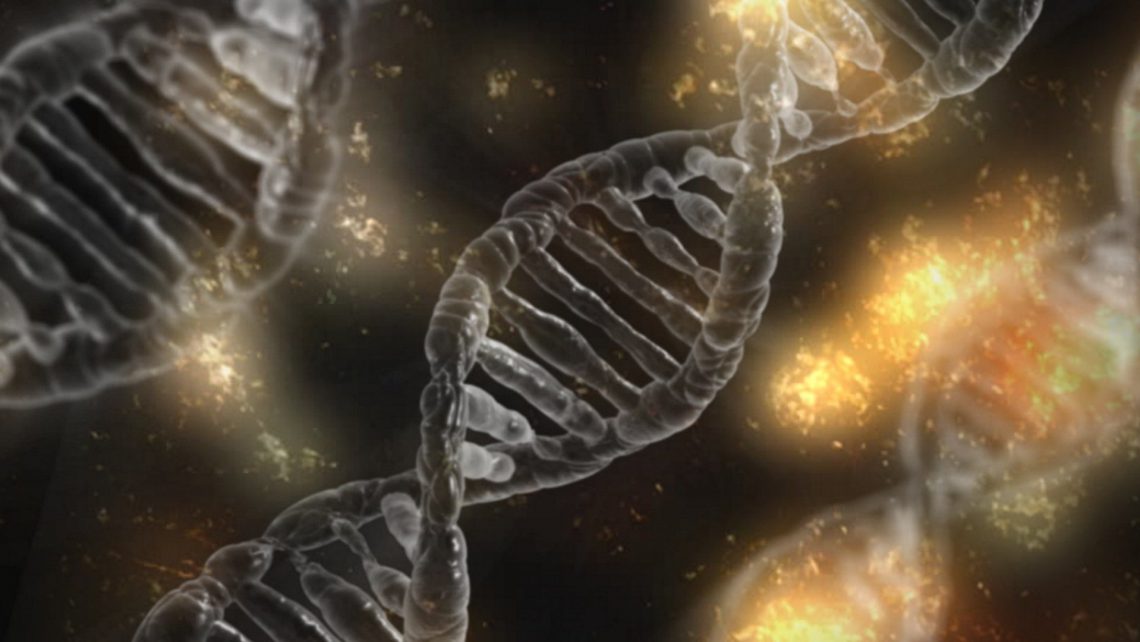The Instituto Bernabeu studies chromosome abnormalities in very young women
18-10-2017

Advanced maternal age is the main factor associated with chromosome abnormalities or aneuploidies in the embryo, which cause problems during the pregnancy and increase the risk of miscarriage. And the majority of women who come to the assisted reproduction clinic are older. Taking a step further, one research project conducted at the Instituto Bernabeu has revealed that there is a high risk of aneuploidies or chromosome abnormalities in the embryos of very young women under 20, and this increases the risk of having a miscarriage. This is the conclusion drawn from the study presented at the 9th ASEBIR Congress (Spanish Association for the Study of Reproductive Biology) that was held in Madrid from the 15th to the 17th of October.
The research project is coordinated by the director of the Genetics and Molecular Biology department, Doctor Belén Lledó, and she has analysed the rate of miscarriages in patients under twenty five and the aneuploidy rate in women under 30 after the embryos have undergone CCS (Comprehensive chromosome screening), a technique that helps determine whether the embryo has any chromosome abnormalities.
The analysis of the youngest age group shows that the highest percentage of aneuploidies are found in patients aged 21, which is related to the highest miscarriage rate in patients under 20. But it was lower in the age group 22-25.
The advanced maternal age is associated with an increase in the rates of embryonic aneuploidy that makes pregnancy difficult and it increases the risk of miscarriage. In the analysis of the results obtained from the CCS, the highest rate of chromosome abnormalities was found to be in women aged 43 seeing as 83% of the cases were found to have aneuploidies.
Researchers from Instituto Bernabeu highlight the fact that using CCS helps select and transfer embryos that do not have chromosome abnormalities in high risk patients, which therefore improves the success rates in the assisted reproduction cycles.
Las mujeres muy jóvenes poseen un alto riesgo de aneuploidías embrionarias.
B. Lledó, J. Guerrero, J. Ll. Aparicio, J.A. Ortiz, R. Morales, E. García-Hernández, R. Bernabeu. Póster
